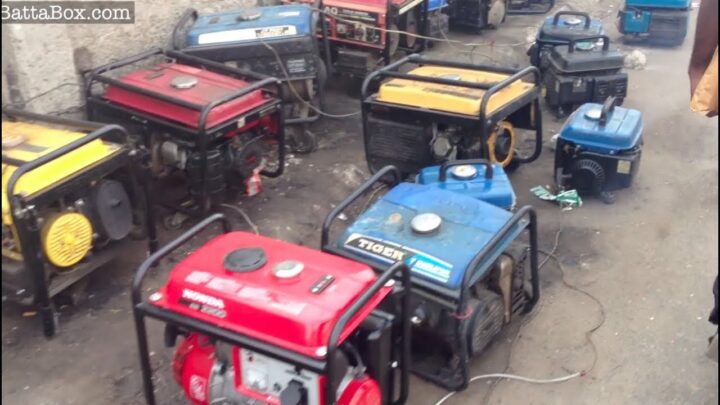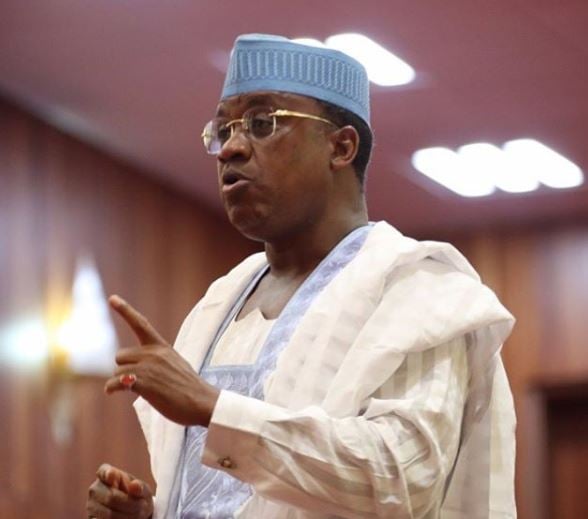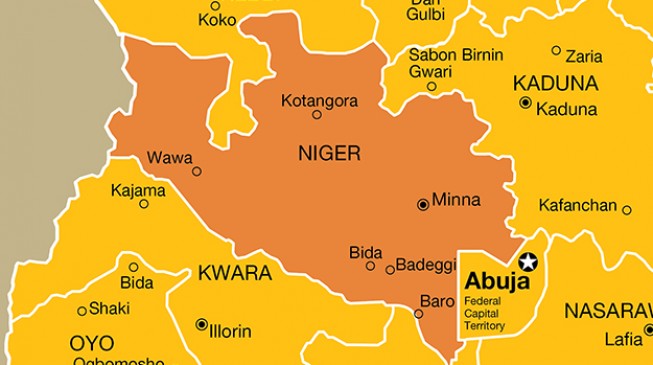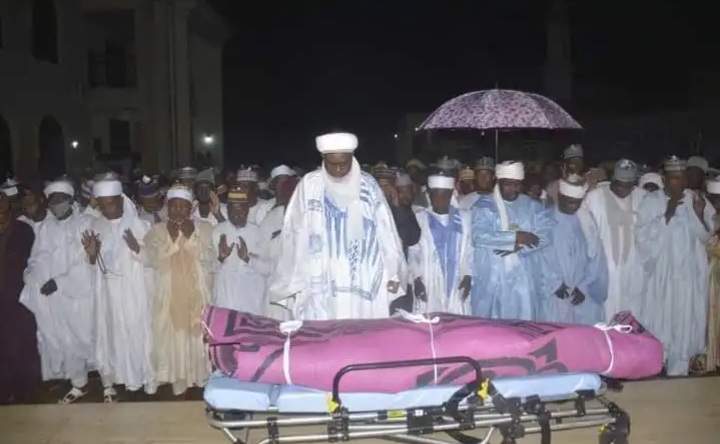Power generators
Manufacturers in the country say energy and alternative electricity generation accounted for 38 percent of their production costs in 2019.
According to Mansur Ahmed, the president of the Manufacturers Association of Nigeria (MAN), the manufacturing sector spent N67.38 billion on self-generated electricity in 2019.
Ahmed was speaking at the 48th annual general meeting of the association that held in Lagos on Thursday.
“The manufacturing sector performance that was expected to be strong having recorded an impressive performance in the 4th quarter of 2019 on account of border closure suffered a huge setback. In the same vein, inflationary pressure remains a source of concern as COVID-19 disrupted the demand and supply side of the global economy,” he said.
“The manufacturing sector spent over N67.38 billion on self-generated electricity with energy cost accounting for over 38% of production cost in 2019, and genuine exporters are still being owed huge sums of money as a backlog of unpaid outstanding from the export expansion grant scheme.
“Inventory of unsold finished manufactured products has risen to an all-time high of about N402.4 billion confirming the reality that the disposable income of the consumers has been grossly eroded.”
Ahmed urged the government to make single-digit loans available to companies.
“Support manufacturing concerns with existing loan facilities by reviewing the terms, especially reducing interest rates to 5 percent with two years moratorium. Manufacturers that are investing in order to scale up production should be granted loans at 5 percent interest rate for a period of five to seven years,” he said.
The MAN president said that manufacturing companies are willing to pay for electricity and petrol products despite the current hike in the prices adding that he agreed with the deregulation of petroleum products as it would facilitate growth and development of the production sector.
“The problem, particularly for manufacturers is not just the tariff, it is availability. If we have available power supply on a steady basis, then we can afford to pay the tariff. Our stand is to improve electricity supply and ensure that we are paying for only what we consume and introduce systems that will ensure the efficiency of the supply system,” he said.
“On fuel subsidy, MAN has always maintained that the subsidy is not good for the economy. We have seen this in diesel. When diesel was deregulated, it became more easily available and the price remained largely stable. This is what we believe should happen to all petroleum products.”
Advertisement
Despite huge investments in the electricity sector, Nigerians still have to seek alternative ways of generating electricity.
Add a comment






